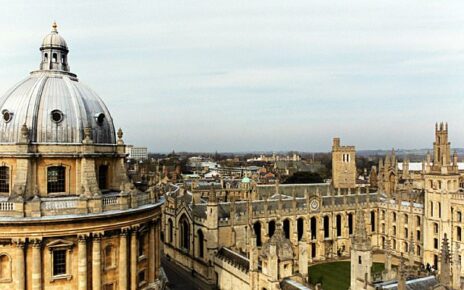The High Court has rejected a challenge to NSW laws that make it a criminal offence for animal welfare activists and others to publish footage taken while trespassing on private properties, without deciding broader questions relating to the media’s use of such material.
Animal protection charity Farm Transparency Project and its executive director Chris Delforce challenged the constitutional validity of provisions of the state’s Surveillance Devices Act, which make it an offence in some cases to publish or possess footage taken by a trespasser on private property. Penalties of up to five years in prison apply.
Chris Delforce, executive director of Farm Transparency Project.Credit:Joe Armao
The charity, which seeks to expose animal cruelty including the slaughter of former racehorses, argued the provisions fell foul of the implied freedom of political communication in the Commonwealth Constitution.
Delforce has previously said the laws meant “media outlets won’t touch animal cruelty footage from NSW, for fear of being charged”.
In a decision on Wednesday, a majority of the High Court ruled the laws were valid. However, the court narrowed its focus to cases in which the trespasser themselves, or a person complicit in the trespass, publishes or possesses footage showing a “lawful activity” being carried out on private property.
It did not consider cases in which a third party, including a media outlet, published the material, or cases in which the footage showed unlawful activity.
In a statement after the decision, Delforce said the court had “regrettably” not answered whether “media outlets should be able to report on matters of public interest such as animal cruelty”.
“We call on a media outlet to challenge this … law in the High Court. We hope that it does not take years for this to happen.”
The court heard the laws do not apply to employees or approved visitors on a property who make a covert recording of activities, because they are not trespassers.
In a joint judgment, Chief Justice Susan Kiefel and Justice Patrick Keane said discussions of animal welfare are a “legitimate matter of governmental and political concern and a matter in respect of which persons may seek to influence government” but the laws did not amount to an impermissible restriction on the implied freedom.
They said the provisions furthered the legitimate purpose of preventing or deterring “trespassory conduct”.
While the majority of the court answered a narrower question about the validity of the laws, some judges considered how the law might apply to media outlets.
Justice Michelle Gordon said the provisions would “prevent, for example, media outlets communicating about footage that reveals unlawful conduct taking place at an abattoir or even unlawful conduct engaged in by the Government” if it was given to them by a trespasser. To that extent, Gordon said, the laws would be invalid.
In a dissenting judgment, Justice Stephen Gageler said the laws operated indiscriminately and imposed an impermissible burden on the implied freedom of political communication. Justice Jacqueline Gleeson agreed.
Justice James Edelman said Delforce had been “involved in many incidents of covert recording of farming activities involving considerable suffering of non-human animals”, and some of the images tendered in court “reveal shocking cruelty to non-human animals”. However, it had not been established in court that the practices were unlawful.
It meant the challenge in this case was confined to circumstances in which Farm Transparency Project had published footage of lawful activities.
Edelman said the court was not asked to, and did not, consider the wider application of the laws, such as a newspaper publishing a smartphone video taken by a gatecrasher at a private function that recorded government MPs discussing “an unlawful enterprise”.
The Morning Edition newsletter is our guide to the day’s most important and interesting stories, analysis and insights. Sign up here.
Most Viewed in National
From our partners
Source: Read Full Article



